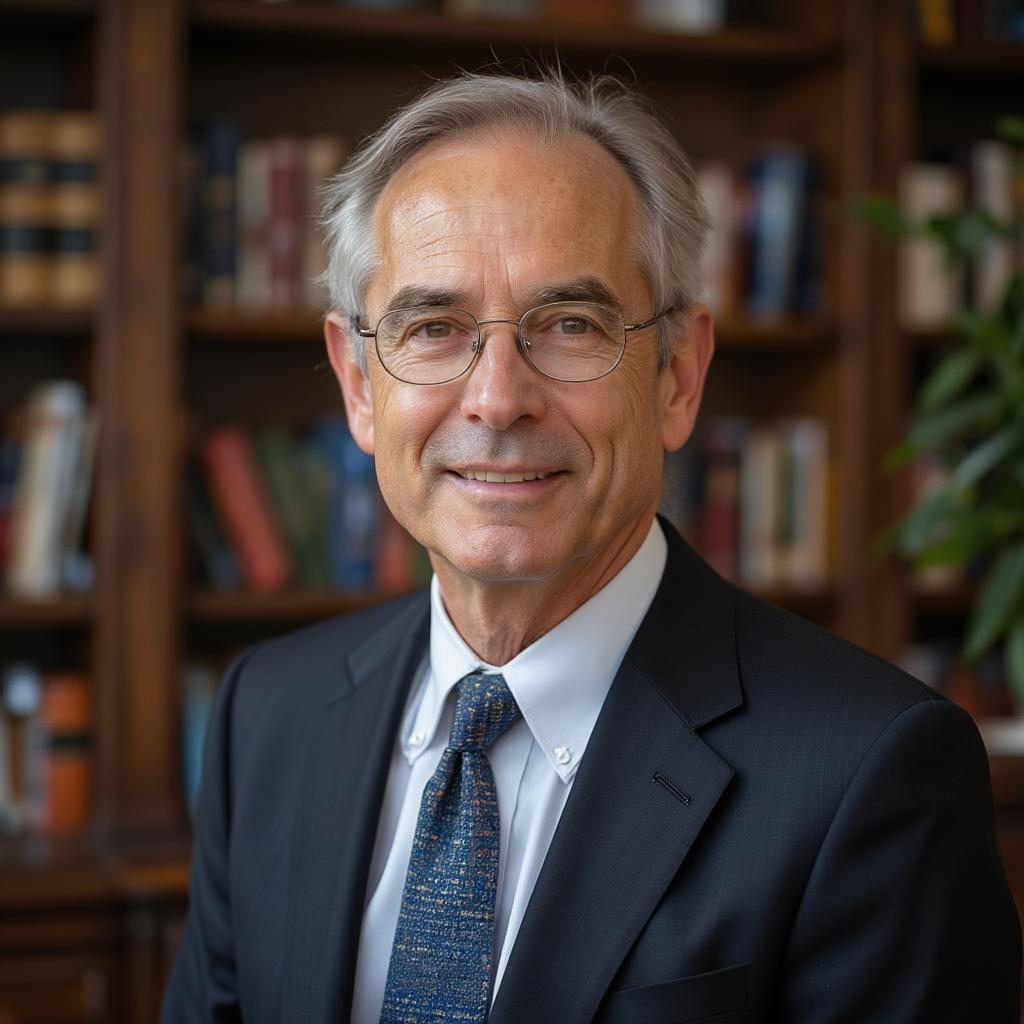Myron Scholes, a name synonymous with financial innovation, has left an indelible mark on the world of finance. His groundbreaking work on option pricing, culminating in the Black-Scholes model, revolutionized how investors and financial institutions understand and manage risk. This biography delves into the life and achievements of this influential figure, exploring his intellectual journey, the impact of his work, and the enduring lessons his career offers to today’s financial leaders.
Born in 1941 in Timmins, Ontario, Canada, Scholes displayed an early aptitude for academics, earning a Bachelor of Arts degree from McMaster University in 1962. He continued his studies at the University of Chicago, where he received an MBA in 1964 and a Ph.D. in 1969. It was during this time that he began to explore the complex world of financial markets and develop the theoretical frameworks that would later define his career. His doctoral dissertation, focusing on the valuation of warrants, laid the foundation for his future research on option pricing.
Scholes’s collaboration with Fischer Black and Robert Merton on the Black-Scholes model became a pivotal moment in financial history. This model, developed in the early 1970s, provided a mathematical framework for determining the fair price of European-style options. The impact of this work was profound, transforming the landscape of financial markets and paving the way for the rapid growth of options trading. The Black-Scholes model, while initially applied to options, has since found applications in various areas of finance, including valuing other derivative instruments and assessing corporate liabilities.
Beyond the Black-Scholes model, Scholes has made significant contributions to other areas of financial economics, including capital asset pricing, tax policy, and the behavior of financial markets. His research has explored the relationship between market volatility and asset prices, offering insights into how investors perceive and react to market fluctuations. He has also examined the impact of government policies on investment decisions, advocating for policies that promote market efficiency and long-term economic growth.
 Myron Scholes: A portrait of the financial innovator and Nobel laureate, known for the Black-Scholes model.
Myron Scholes: A portrait of the financial innovator and Nobel laureate, known for the Black-Scholes model.
Scholes’s contributions to the field of finance have been widely recognized. In 1997, he was awarded the Nobel Prize in Economic Sciences, alongside Robert Merton, for their work on the Black-Scholes model. This prestigious award cemented his place as one of the most influential financial thinkers of the 20th century. His work continues to be studied and applied by academics, investors, and financial professionals around the world. Scholes’s influence extends beyond academia, as he has also held prominent positions in the financial industry.
Scholes’s career highlights the importance of rigorous academic research in shaping practical financial strategies. His work has not only advanced theoretical understanding but also provided actionable insights for investors and financial institutions. The Black-Scholes model, for instance, has become an indispensable tool for managing risk and making informed investment decisions. His focus on market efficiency and the role of information in pricing assets has had a profound impact on how investors approach financial markets.
 The Black-Scholes model: A mathematical formula for option pricing, revolutionizing financial markets and risk management.
The Black-Scholes model: A mathematical formula for option pricing, revolutionizing financial markets and risk management.
Scholes’s legacy extends beyond his academic achievements. He has also played a significant role in educating and mentoring future generations of financial leaders. Through his teaching and writing, he has inspired countless individuals to pursue careers in finance and contribute to the ongoing evolution of financial markets. His dedication to promoting financial literacy and fostering a deeper understanding of financial principles has had a lasting impact on the industry. Scholes’s journey from a small town in Canada to a Nobel laureate serves as an inspiration for aspiring financial professionals, demonstrating the power of intellectual curiosity and rigorous academic pursuit. His story underscores the importance of challenging conventional wisdom and seeking innovative solutions to complex financial problems.


